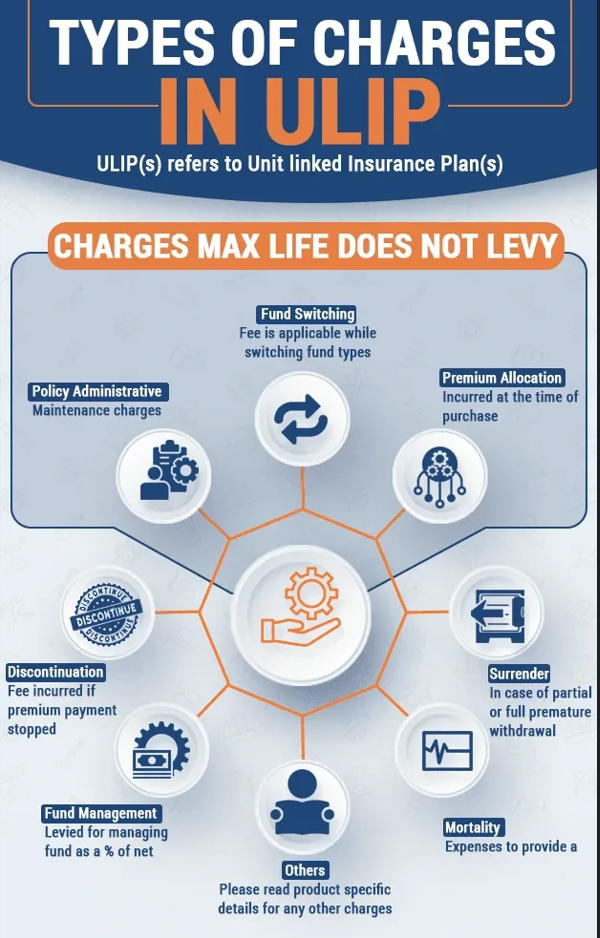Corrections are absolutely normal in share markets.
Given the scenario right now,
Be prepared for a drop of:
Very frequently 10%
Periodically 20%
Once in a while 30%
Few times in our investing life 50%
Normal Corrections in Stock Markets.
|
Very frequently
|
10%
|
|
Periodically
|
20%
|
|
Once in a while
|
30%
|
|
Few times in our investing life
|
50%
|

There have been instances of radical fall in a very short time as well.
On October 19, 1987 (popularly known as ‘Black Monday’), the Dow fell by 22.61%.
Nearly one fourth of market capitalisation got wiped out in a single day.
This is the highest every one day stock market fall (in percentage terms) in U.S so far.
Though many reasons are given including program trading,
nobody saw it coming and no one knows why it happened.
The whole U.S. market got paralysed and dooms day prophets
mushroomed. Everyone predicted a great catastrophe.
The funny part is market recovered and closed marginally higher in
December than what it opened in January. So 1987 was actually
a positive year for Dow. In the long term graph, this
a positive year for Dow. In the long term graph, this
one day fall of 22.61% looks like a minor blip.
Warren Buffett has mentioned that during last 50 years of
Berkshire Hathaway, there has been a fall in
share price by 50%; 4 times during the above 5 decades.
As I mentioned yesterday, temporary declines are not permanent
losses unless we sell due to panic.
But for volatility, everyone would be an equity investor.
Who wouldn’t want a smooth 18% annual return?
To earn the 18% kind of annualised return Sensex has provided in
last 4 decades or 22.74% kind of annualised return CRISIL
AMFI Equity fund index provided during last 2 decades;
one has to willingly embrace volatility.
If we want long term returns of equity, we’ve to accept the side effect of volatility.
We always need to remember that equity is best asset class in the long run,
which provides real return significantly above inflation, increase
our purchasing power and build our wealth.
SIP is a superb tool which makes us buy during down times,
which otherwise we may hesitate to do.
which otherwise we may hesitate to do.
As I mentioned in a tweet:
“Why SIP is powerful?
Removes emotion out of investing
No timing the market
Buy at lows which we otherwise won’t do
Time diversification”
So all you have ve to do is to continue your SIPs without worrying
about what happens to markets in near term.
Don’t keep looking at your portfolio. This is a good habit to follow
always; more so in down times.
Some of you wanted to invest your emergency fund in equity now.
Please don’t do that. As the name suggest, it is for any unexpected emergency.
Keep it as it is. Only long term money, what you don’t need for at
least next 10 years, should be invested in equity.
It is sufficient if you stick to your SIPs and stay the course.






























